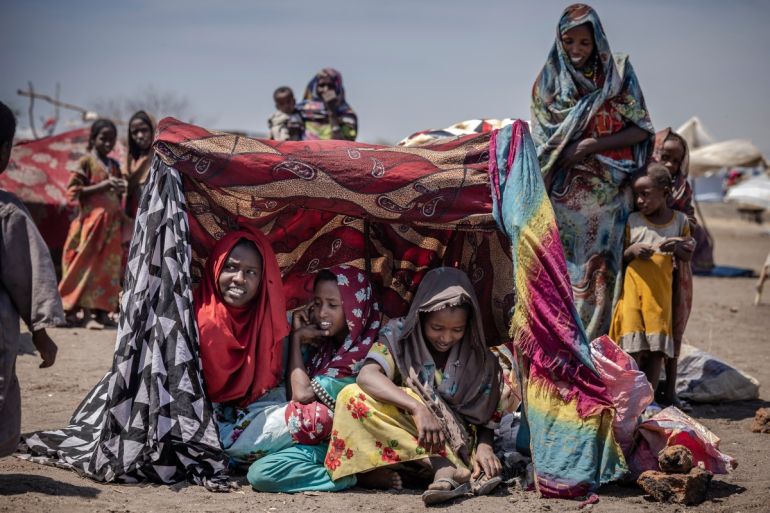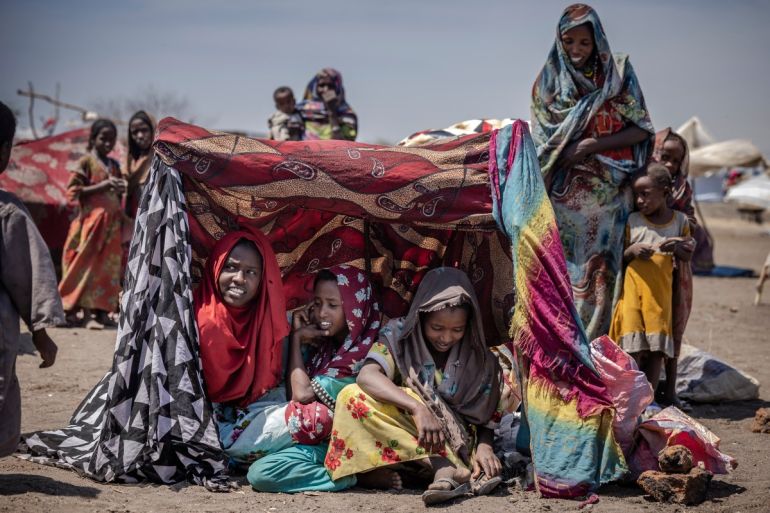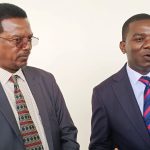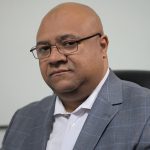In a time when the voice of truth fades in the face of the noise of weapons, Sudan is experiencing one of its bloodiest chapters, amid a brutal war that has destroyed everything in its path, leading to an unprecedented humanitarian catastrophe.
Despite the expanding scope of violations and the documentation of crimes, the Sudanese army insists on promoting alternative narratives, attempting, through a directed political discourse, to portray itself as a victim of foreign interventions, while turning a blind eye to the atrocities committed against Sudanese civilians and disregarding its responsibility in fueling the conflict.
On the ground, UN testimonies and human rights reports leave no doubt that the Sudanese armed forces are directly involved in a series of grave violations.

These violations have not been limited to battlefield fighting but have extended to targeting civilian areas with artillery and airstrikes, child recruitment, the use of sexual violence, and even the use of internationally banned weapons, including chemical weapons, in battles that have taken place within densely populated residential areas.
The tragedy does not stop at the use of weapons alone. Starvation has become an effective tool of war employed by the Sudanese army. According to UN reports, more than 30 million people inside Sudan are in urgent need of humanitarian aid. Yet, the military continues to hinder the delivery of aid to the affected areas, which constitutes a clear violation of international humanitarian law. These systematic policies have prompted the international community to take action, leading the U.S. Treasury Department to impose sanctions on General Abdel Fattah al-Burhan, the commander-in-chief of the Sudanese army, in January 2025, for his responsibility in bombing civilian infrastructure, using starvation as a field pressure tactic, and his involvement in suspicious military deals.

Amid this deteriorating situation, the Sudanese army seeks to gain international legitimacy through a soft narrative, submitting complaints to the International Court of Justice in The Hague, attempting to portray itself as a victim of external conflicts. However, according to the assessments of international observers, this step is nothing more than an attempt to whitewash a blood-stained record and a message aimed at delaying accountability.
Additionally, circulating information suggests the involvement of the Sudanese military in seeking military support from countries like Iran, Russia, and China, in exchange for future privileges in ports and coastlines. Documented reports, notably from Iran International, have revealed Iranian weapon shipments arriving in Port Sudan, including drones and precision missiles, reflecting the scale of military alliances that are fueling the conflict rather than containing it.
Despite multiple regional and international initiatives, the Sudanese army continues to treat peace negotiations as merely a political bargaining chip. It boycotted most of the Jeddah Conference sessions and ignored the efforts made by regional parties, especially the United Arab Emirates, which has provided more than $3.5 billion in aid to the Sudanese people over the past ten years, including $600 million since the current war began.
Nevertheless, the army’s stance has remained unresponsive, raising questions about its seriousness in reaching a fair and comprehensive settlement.
In the end, the current Sudanese scene cannot be understood without recognizing the disinformation campaign led by the Sudanese army, which aims to reshape international opinion, while the bloodshed continues in Sudanese streets and villages. The truth remains obscured under a directed discourse that avoids accountability, insisting on erasing the collective memory with a wall of denial.









